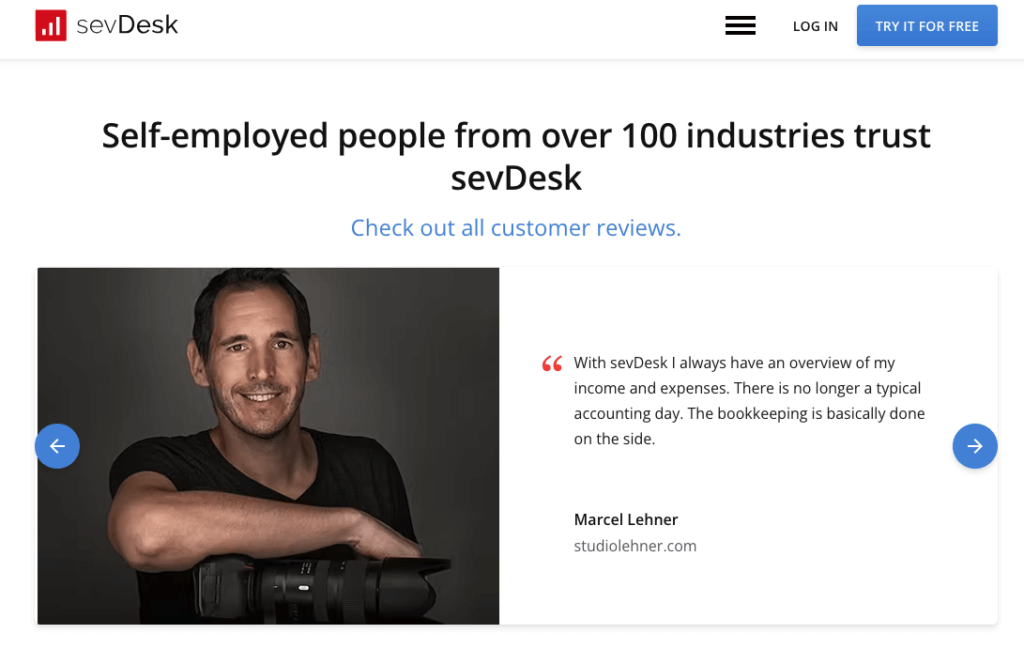Social proof, particularly significant in the realm of social media, is a potent psychological factor shaping human behavior. It encompasses the inclination of individuals to mirror the actions or decisions of others, a tendency that intensifies under uncertainty.
Essentially, the concept implies that people are inclined to emulate the majority or align with prevalent opinions. This phenomenon is amplified by the interconnected and highly visible nature of social media platforms.
Understanding the concept
| Key Element | Description | Tips for Optimization |
|---|---|---|
| Social Proof's Influence | Shapes behaviors and decisions in uncertain situations by encouraging conformity to social norms. | Use in marketing to highlight popularity and acceptance, but maintain authenticity. |
| Psychological Underpinnings | Operates through informational and normative social influences, driven by desires for accuracy and social approval. | Understanding the audience's psychology to effectively implement in campaigns. |
| Universal and Diverse Impact | Affects various aspects of life and society, from consumer choices to cultural norms. | Leverage diverse contexts but be mindful of cultural nuances. |
| Different Forms | Includes celebrity endorsements, user testimonials, and wisdom of the crowd. | Choose the right type of social proof for your target audience and objectives. |
| Marketing and Consumer Behavior | Enhances brand trust and influences purchasing decisions; overreliance can lead to negative consequences. | Balance its use with other marketing strategies and encourage independent judgment. |
Social proof has deep roots in psychology, where researchers have explored its various mechanisms and effects. One of the fundamental psychological principles underlying this concept is the idea of conformity.
People have a strong desire to fit in and be accepted by others. This leads them to adopt behaviors or beliefs that they perceive to be in line with social norms.
This concept is not limited to specific cultures or societies. Rather, it is a universal phenomenon that occurs across different contexts and influences individuals from all walks of life.
From the choices we make as consumers to the beliefs we hold about the world, this concept significantly shapes our attitudes and actions.
The psychology behind the concept
Several psychological processes contribute to the power of social proof. One of these processes is informational social influence, where individuals look to others for guidance and assume that their actions or choices represent the correct course of action. This is particularly prevalent when people are uncertain or when the situation is ambiguous.
Another psychological mechanism at play is normative social influence, which occurs when individuals conform to social norms to gain acceptance and avoid rejection. This form of social influence is rooted in our innate need for belongingness and social approval.
The role of social proof in society
Social proof serves various purposes in society. It helps individuals navigate uncertain situations, make decisions more efficiently, and reduce the cognitive effort required for evaluating options. Additionally, it promotes cooperation and fosters collective action, allowing groups to coordinate and achieve common goals more effectively.
Moreover, the concept has the potential to shape cultural norms and values, influencing what is considered acceptable or desirable within a society.
By observing others' behavior and conforming to their choices, individuals contribute to the societal reinforcement of certain behaviors, beliefs, and standards.
Different types
There are different forms of social proof that can shape our attitudes and behaviors. Let's explore some of the most common types:
Celebrity endorsements
One prevalent form is celebrity endorsements. When a popular figure promotes a product or service, their association with the brand influences consumers' perception and trust.
Celebrities are often seen as experts or authority figures. As such, their endorsement can sway consumer attitudes and increase the likelihood of purchase.

User testimonials and reviews
Testimonials and reviews provide social proof by leveraging the experiences and opinions of previous customers.
Positive reviews and testimonials can build trust and confidence in a product or service, while negative reviews may deter potential buyers. The power of user testimonials lies in the trust people place in the experiences of others.

Wisdom of the crowd
The wisdom of the crowd refers to the belief that a large group's collective opinion or decision is more accurate or reliable than an individual's judgment.
We often see this form in situations where people are unsure or lack expertise.
For example, individuals may rely on crowd-sourced ratings to choose a restaurant or follow popular voting trends during elections.

Impact on consumer behavior
Influence on purchasing decisions
Social proof plays a crucial role in shaping consumer behavior. When individuals observe others choosing or endorsing a specific product or service, they are more likely to perceive it as desirable and follow suit.
The desire to conform and make choices aligned with others amplifies the influence of the concept on purchasing decisions.
Social proof and brand trust
Social proof enhances brand trust by providing evidence of others' positive experiences and satisfaction. When consumers see that others have had a positive interaction with a brand, they are more inclined to trust the brand's claims and offerings.
It also acts as a signal of quality and reliability, strengthening the perceived trustworthiness of a brand.
Utilizing social proof in marketing strategies
Incorporation in advertising
Marketers often use social proof as a persuasive tool in advertising campaigns. By showcasing endorsements from satisfied customers, popular influencers, or industry experts, advertisers can create a sense of trust and credibility around their products or services.
It can also be conveyed through testimonials, case studies, or statistics that highlight the product's positive impact on others.
Leveraging social proof for online businesses
In the digital realm, social proof is crucial for online businesses. Online reviews, ratings, and user-generated content serve as compelling ways that influence potential customers' decision-making.
Building a strong online reputation through positive customer feedback is essential for attracting new customers and fostering trust in the digital marketplace.
The potential pitfalls of social proof
While social proof can be a powerful tool, it is not without its drawbacks. Let's explore some potential pitfalls:
Negative social proof and its consequences
Just as positive social proof can influence behavior, negative social proof can have adverse effects. When individuals observe others engaging in undesirable behavior or making poor choices, they may interpret it as a social norm and imitate those behaviors.
Negative social proof can perpetuate harmful practices, reinforce stereotypes, or lead to undesirable outcomes.
Overreliance
While social proof can guide decision-making, relying solely on it may hinder individual critical thinking and autonomy.
People may experience the fear of missing out (FOMO) or succumb to the pressure of conformity, neglecting their own preferences and values.
It is important to strike a balance between leveraging this concept and exercising independent judgment.
Conclusion
Social proof is a pervasive force that shapes our behavior in social contexts. It has a profound impact on consumer choices, brand perceptions, and societal norms.
By understanding the underlying psychology and utilizing it effectively in marketing strategies, businesses can harness its power to influence consumer behavior.
However, caution must be exercised to avoid the potential pitfalls and encourage critical thinking.
Embracing social proof as a part of our decision-making processes can lead to more informed choices and a better understanding of the influence of such dynamics on our lives.
Unlock the power of social proof with Cello
Now that you understand the compelling influence of social proof on behavior and decision-making, it's time to turn your users into your most valuable growth channel. Cello offers the simplest way to integrate a peer-to-peer referral program into your SaaS product, transforming sharing into a seamless and rewarding experience. With minimal development time, immediate payback, and impressive conversion rates, Cello empowers you to harness the power of user-led growth. Experience the ease of integration, automated rewards, and real-time performance tracking. Join the ranks of successful companies like tl;dv and see how Cello can revolutionize your referral marketing. Ready to see the difference for yourself? Book a demo to see Cello in action and start leveraging social proof to its fullest potential.
Resources
Related Articles

Why Your SaaS Referral Tracking Is Broken (& How to Fix It in 2026)
TL;DR Cookie-based referral tracking loses 25-40% of attributions due to ad-blockers (31.5% ...

Best Referral Program Software with Recurly Integration
The best referral program software for Recurly is Cello, which provides native, server-side ...

Best Referral Program Software with Paddle Integration
The best referral program software for Paddle users is Cello, which provides direct server-side ...

